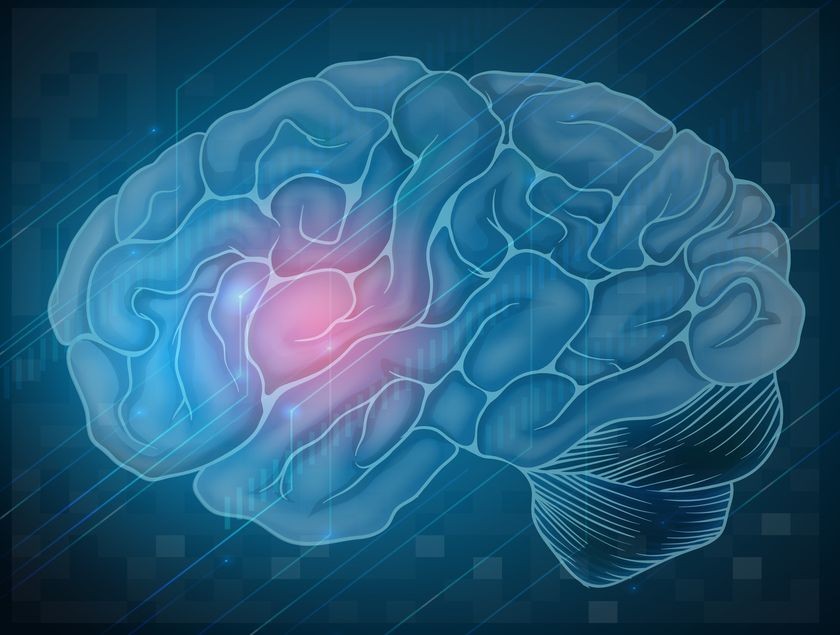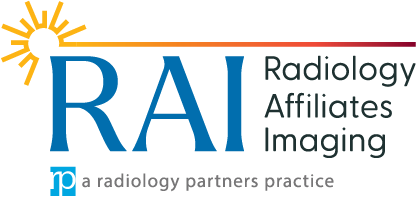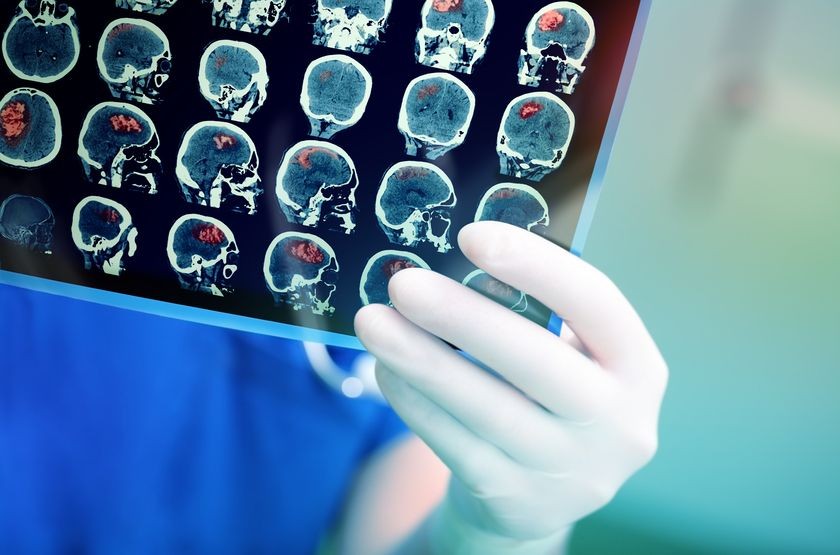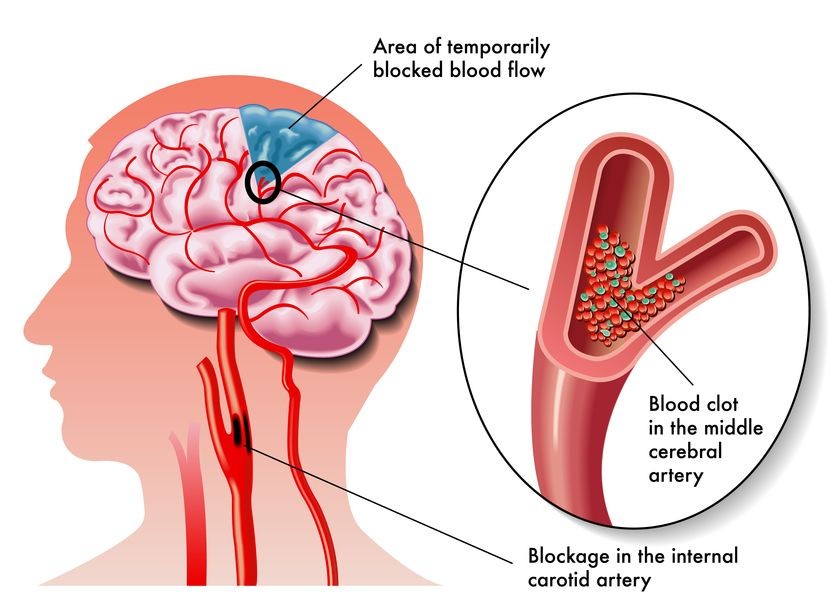
Scientists Use MRI Scanners to Detect ‘Brain Rust’ in Schizophrenic Patients

Using a new kind of MRI measurement, neuroscientists recently discovered that excessive oxidation in the brain may contribute to schizophrenia. In other words, the same chemical reaction that causes metal to corrode and rust could be damaging brain cells in schizophrenic patients, too.
To analyze this, Dr. Fei Du and his colleagues at McLean Hospital used the same MRI scanners commonly used in radiology centers to measure concentrations of two molecules — NAD+ and NADH — that reveal how well the brain is buffering out excessive oxidants.
Among the 21 patients with schizophrenia in the study, the researchers noticed a 53% higher concentration of NADH compared to healthy individuals. They found a similar elevation in NADH among patients who were only recently diagnosed with the disease, indicating that the oxidation imbalance occurs before or in the early stages of the illness.
Mayo Clinic defines schizophrenia as a “severe mental disorder in which people interpret reality abnormally. Schizophrenia may result in some combinations of hallucinations, delusions, and extremely disordered thinking and behavior that impairs daily functioning, and can be disabling.”
Schizophrenia is a chronic illness that requires lifelong treatment. Doctors do not believe that there is a “schizophrenia gene,” but your genetics may be a risk factor. They know that you are up to 10% more likely to develop the condition if a relative in your immediate family has it. At the same time, some people with schizophrenia have no family history of the illness. Other factors like certain viral infections, malnutrition in the womb, and mind-altering drugs can also increase your chances of developing the disease. Unfortunately, though, doctors don’t yet have all the answers about what causes schizophrenia.
As many as 22% of the 30 million MRI scans performed at radiology centers in the U.S. each year are head scans. However, MRI technology has never really been used to measure oxidization levels in patients with severe mental disorders. This new study not only provides fresh insights into the biology of schizophrenia, it also offers a way to measure the effectiveness of treatments and interventions in the future.
“We hope this work will lead to new strategies to protect the brain from oxidative stress and improve brain function in schizophrenia,” said Du.




